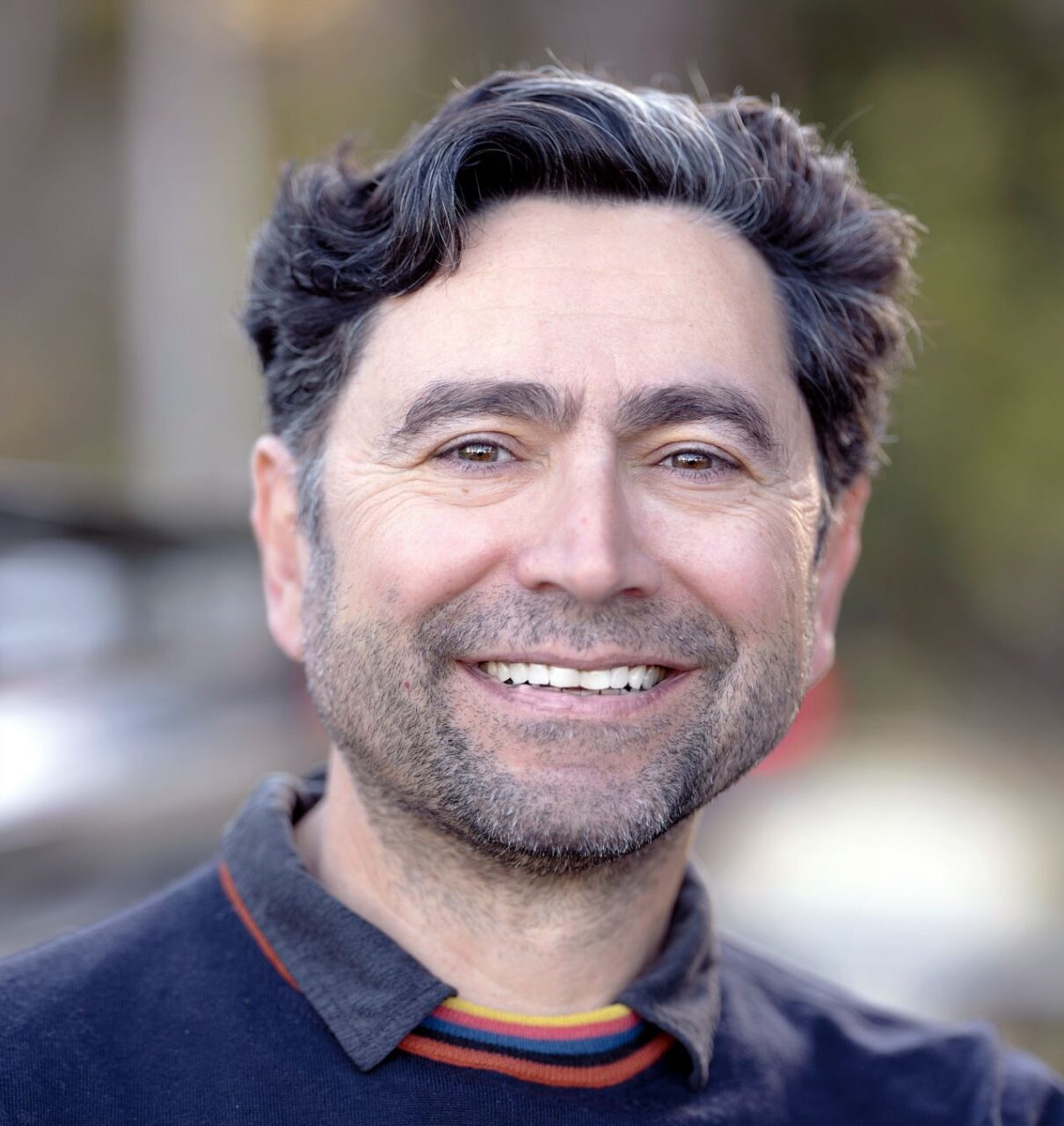The Nobel Prize posted on LinkedIn:
“’My life has been full of directions I never imagined. As an 18-year-old refugee from Lebanon, I had no idea I would become a scientist, and certainly not the recipient of a Nobel Prize.’ – medicine laureate Ardem Patapoutian.
He shared the 2021 Nobel Prize in Physiology or Medicine with David Julius for their discoveries of receptors for temperature and touch.
Patapoutian is of Armenian descent and was born in Beirut, Lebanon, in 1967. He described his childhood as largely idyllic, but in 1975 clashes erupted between religious factions in Beirut, and curfews, limited hours of electricity, lack of running water and bombings disrupted the peace.
Patapoutian attended schools near the fighting, but it was while he was studying at the American University of Beirut that he endured a truly terrifying encounter.
Crossing from East Beirut to his home in the west following a party, he heard sniper shots and sprinted across the Green Line, which separated Muslim West Beirut from Christian East Beirut. This caught the attention of suspicious militants.
“The militants held me for a day, at one point threatening to shoot me in the knee to see if I could feel pain. If I couldn’t feel pain, they said, it meant I was a spy. I responded, rather foolishly, ‘Couldn’t I just pretend to feel pain?’ Eventually, the men realised I was harmless and let me go. But that was the final straw for me,” he said.
Patapoutian made plans to emigrate and flew to Los Angeles a few months later. Having worked hard to establish residency in California by earning money delivering pizzas and writing horoscopes for an Armenian newspaper, he was able to study at UCLA where he became “hooked for life” on finding genes that play a central role in physiology, and then Caltech, where he began studying the omatosensory neurons that initiate touch and pain.
But it was at Scripps Research, La Jolla and the Howard Hughes Medical Institute, that he conducted his Nobel Prize-winning research, by investigating how pressure is translated into nerve impulses, discovering the pressure-sensitive ion channel.
Read more about his research and life.”
Source: The Nobel Prize/LinkedIn
OncoDaily


